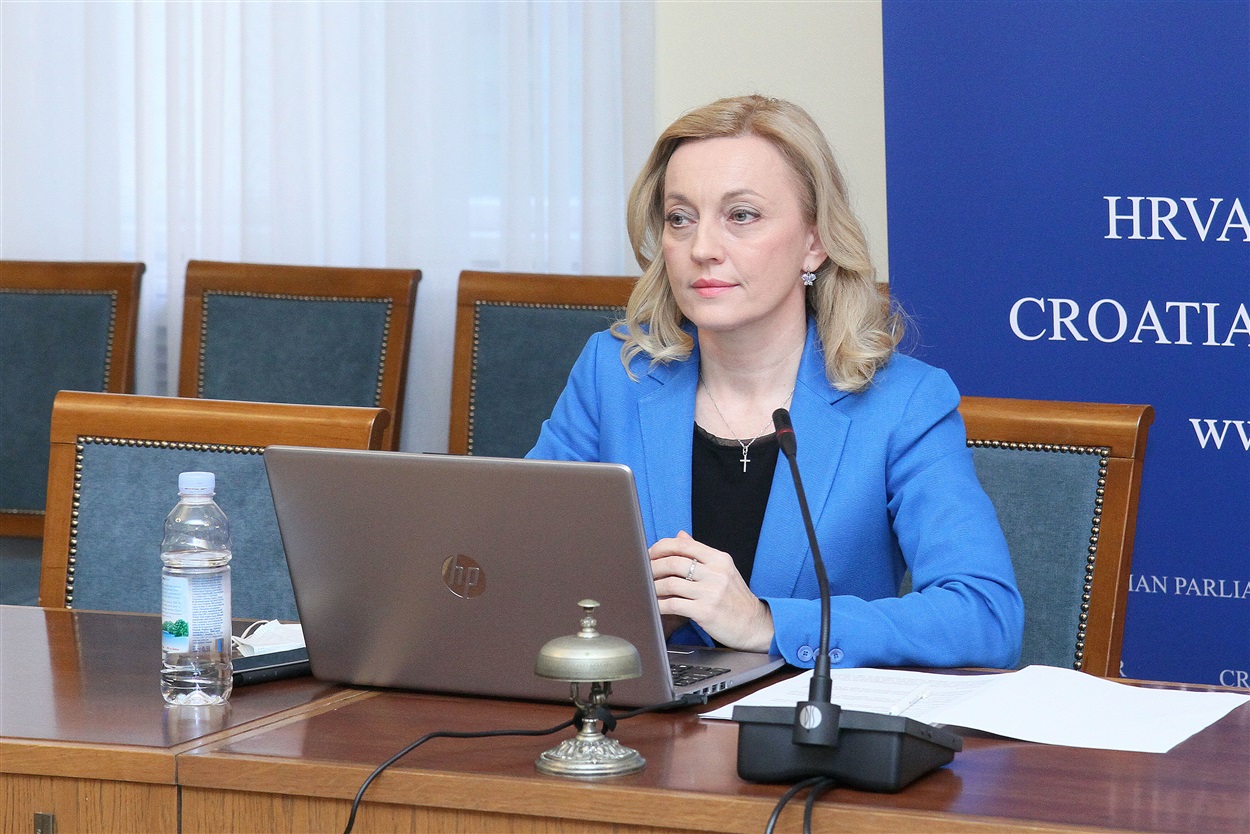
Zagreb - Farmers in earthquake-hit areas need concrete help immediately so that they can stay and live and work there, it was said at a meeting of the parliamentary Agriculture Committee on Friday.
In three months' time the committee will convene to analyse what has been done to assist people affected by the earthquakes in 2020.
Farmers are faced with many problems - damaged houses, farm buildings and equipment, polluted wells and buyers who are taking advantage of the situation and offering low prices for their cattle, the committee heard. The one thing that is obvious is that no one wants to leave their homes, the committee chair, MP Marijana Petir, said.
She said that farmers should be provided with temporary accommodation as soon as possible but also with shelter for farm animals. "We need to act quickly and concretely because if farms shut down, they will never reopen," underscored Petir.
She added that applications for farm support need to be make simpler for earthquake-hit areas as farmers there cannot meet the current criteria.
Everyone needs help immediately
Božidar Antolec from a local action group called for help so that local farmers can place their products on the market and that they be temporarily exempted from paying contributions or at least that they be deferred.
Croatian Chamber of Agriculture (HPK) president Mladen Jakopović said that two large retail chains had offered to place farmers' products from earthquake areas on their shelves through a simplified procedure and one had promised logistics in that regard.
The HPK advocates that support should be provided so that people remain in the area. Jakopović said that the HPK was delivering the first of several housing containers to the area today.
The committee's deputy chair, MP Ružica Vukovac (DP), said that there were problems on the ground, presenting an example in Donja Bačuga where it took three days for the competent services to save a herd of cattle, which, she said, showed that there was a problem in the chain of command.
Agriculture Minister Marija Vučković and state secretary Tugomir Majdak rejected this criticism, saying that they had been in the field constantly.
"That is not a realistic description. The cattle wasn't abandoned and there is no need to exaggerate the situation," Minister Vučković said.
She supported the suggestion that the majority of local products should be used in local kindergartens, schools, hospitals. "We are working on that, however, it is necessary to increase production in that area," she underscored.
Projects valued at more than HRK 1 billion agreed to
Speaking about rural development measures, Vučković said that by 13 January projects valued at HRK 1.08 billion had been agreed to for Sisak-Moslavina County and that HRK 851 million had been paid out. HRK 137 million refers to social and utility infrastructure and HRK 67 million of that has been paid out.
Rural development measures for family-run farms valued at HRK 164 million have been agreed to for 81 projects and 29 projects valued at HRK 1.7 million have been agreed to for emergency aid due to the consequences of the COVID-19 pandemic.
A total of 451 projects for the development of small farms, launching of non-farming activities and support to young farmers valued at HRK 80.3 million have also been agreed to, said Vučković and added that direct payments were accelerated and that to date HRK 93 million, which is usually paid as of 15 February, had already been paid out.